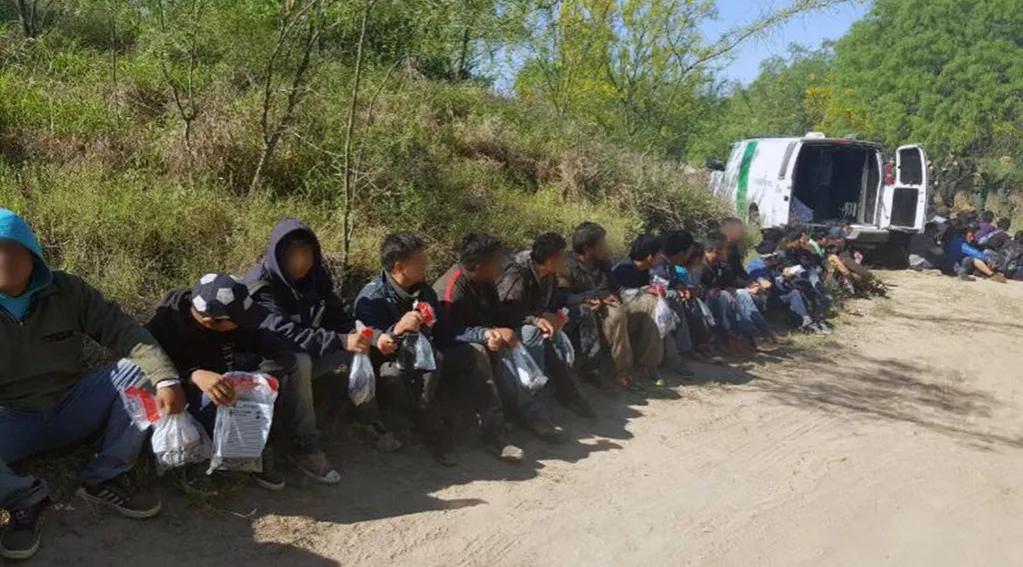Indiana Bills Would Grant In-State Tuition to Illegal Aliens

By Colton R. Overcash | January 11, 2019
Bills have recently been filed in Indiana’s state legislature to provide in-state tuition to illegal aliens in the Hoosier State.
On January 3, Representative Earl Harris, Jr. (D-East Chicago) filed House Bill (HB) 1030 and Senator David Niezgodski (D-South Bend) filed Senate Bill (SB) 138. Six days later, Senator J.D. Ford (D-Zionsville) filed Senate Bill (SB) 335. The bills have minor differences, but all three grant residency status to illegal aliens for in-state tuition purposes.
The text of all three bills states that an illegal alien may “file an affidavit with the state educational institution stating that the [he/she] has filed an application to legalize [his/her] immigration status or will file an application as soon as [he/she] is eligible to legalize [his/her] immigration status.”
HB 1030 goes a step further and adds that “an individual who is authorized by the federal government to work in the United States” is also eligible to receive in-state tuition. This provision seemingly applies to recipients of the Deferred Action for Childhood Arrivals (DACA) program, who are “authorized” to work in the United States.
Under federal law (8 U.S.C. §1621), illegal aliens and other unqualified immigrants are ineligible to receive state and local public benefits. Public benefits are defined as:
“Any grant, contract, loan, professional license, or commercial license provided by an agency of a State or local government or by appropriated funds of a State or local government; and any retirement, welfare, health, disability, public or assisted housing, postsecondary education, food assistance, or any other similar benefit for which payments or assistance are provided.” [emphasis added]
Last year, similar legislation failed to receive any action from each chamber’s education committees and eventually “died” when the legislature adjourned. With a Republican governor and a Republican-controlled legislature, it is likely that this year’s bills will fare the same. However, recent developments on other immigration-related legislation in Indiana may give cause for concern. In 2018, the legislature voted overwhelmingly to allow roughly 9,000 DACA recipients apply for professional licenses. Senate Bill 419, which was signed into law by Governor Eric Holcomb (R) on March 21.
If one of these in-state tuition bills become law, this would afford dramatic financial benefits to illegal aliens at the expense of state taxpayers. For example, the difference in cost between in-state and out-of-state tuition rates for an undergraduate student at Indiana University is $24,776 per academic year, or $99,104 over a four-year span. Comparatively, the cost difference for an undergraduate student at Purdue University is $18,802 per academic year, or $75,208 over a four-year span.
Of course, these figures also do not factor in the costs attributable to state-funded scholarships, loans, grants, and reimbursable expenses that illegal aliens might become eligible for as in-state residents. According to FAIR’s fiscal study from 2017, illegal aliens receive approximately $1.4 billion in post-secondary tuition assistance each year nationally.
The Indiana General Assembly convened for its regular session on January 3 and is scheduled to adjourn on April 29.
